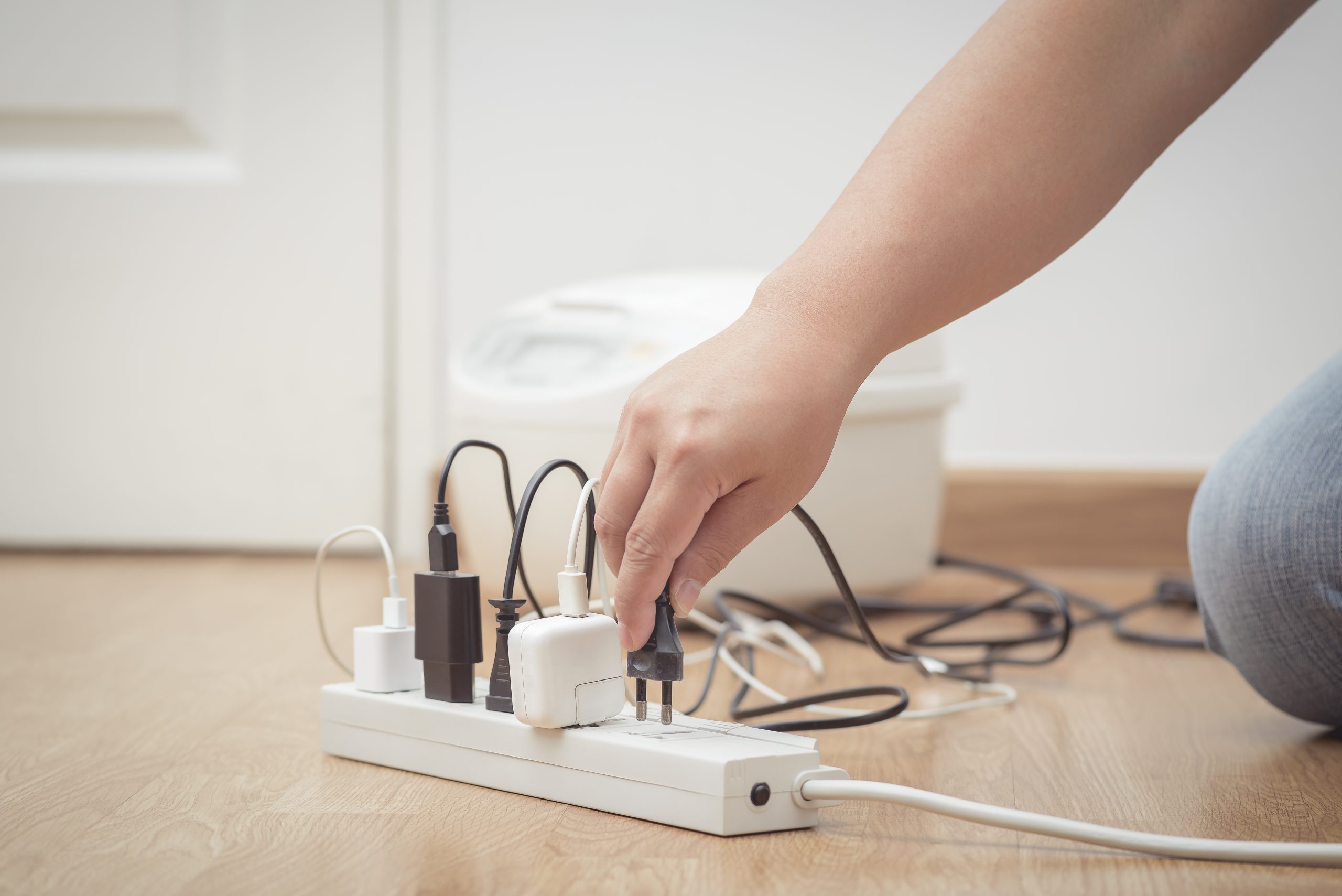



We use electricity because it makes our lives so much easier. However, there are possible hazards that can cause damage to your home. Power surges are common causes of electrical damage, but they can have many different causes. Some perils are covered by your homeowner's insurance, while others are not. It's important to read through your policy and know what perils are covered and what ones are not regarding power surges.
A power surge is a sudden rush of electricity that exceeds the normal amount of electricity that flows through the wiring. This spike in the current can cause extensive damage to electronic devices and appliances. This high volume of electricity can damage many devices beyond repair. The outlets and wiring within your home can also be terribly damaged.
Your homeowner's insurance covers many causes of power surges. Faulty wiring, lightning strikes, blown fuses, and work on utility lines are commonly caused perils in most homeowners' policies. Comprehensive policies will cover almost every peril, while a basic policy may only cover three or four known causes.
This type of coverage normally isn't included in a basic homeowners policy. Instead, you need to purchase it as an endorsement or supplemental policy. This will cover any improper installation or mechanical breakdown beyond your control, or that regular maintenance would prevent. Many insurance companies require professional installation for electric appliances or devices. Professional technicians have all of the necessary equipment and special tools needed to do the job right the first time.
There will be times when power surges will not be covered. If you do not properly maintain your home and your electrical system deteriorates to the point where it malfunctions, resulting power surges will not be covered. Another time when your insurance will not honor a claim is if your property has sat vacant for longer than 60 days. If you are negligent in using power cords or extension cords, you may not be covered.
In most cases, aside from lightning, power surges can be prevented with the proper installation of new appliances and regular maintenance. Be aware of the condition of your electrical cords. If they begin to show signs of wear and tear, they may begin to pose a fire risk. Replace any cracked cords or cords that feel hot to the touch when plugged into an outlet. If you own an older home, have it inspected to ensure all the wiring and the electric box are still updated.
Protecting your home and electronics from power surges and other potential risks is important. Contact our experts at Little & Sons Insurance Services today if you have questions about what perils are in your policy or how a power surge can be harmful. We will be able to explain your policy and fill in any gaps that may be present. Whenever you are dealing with electricity, especially power surges, you must have the right types of coverage in place. We can help you with that!